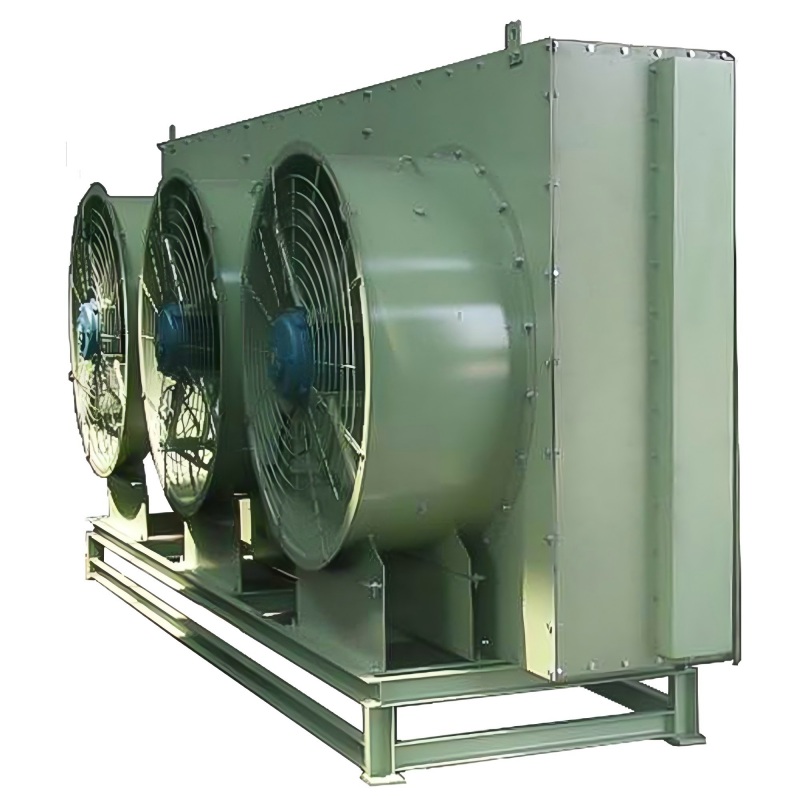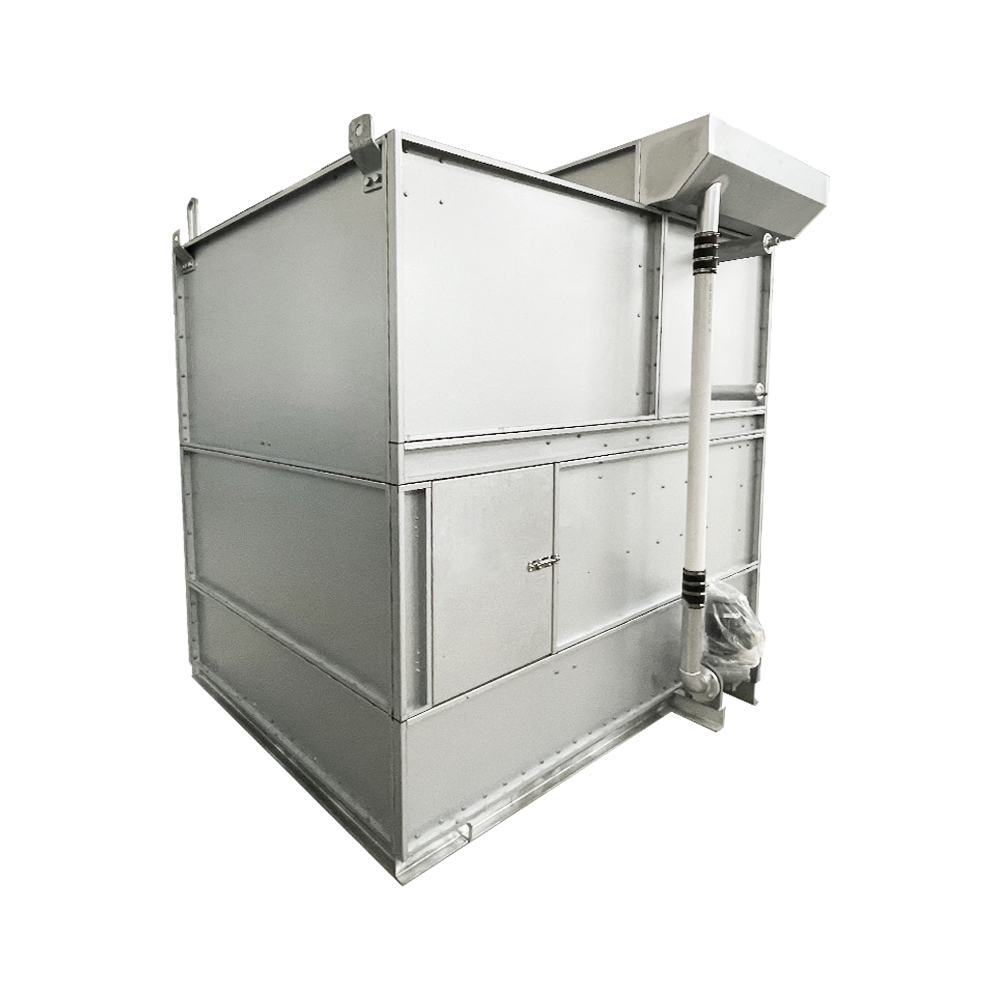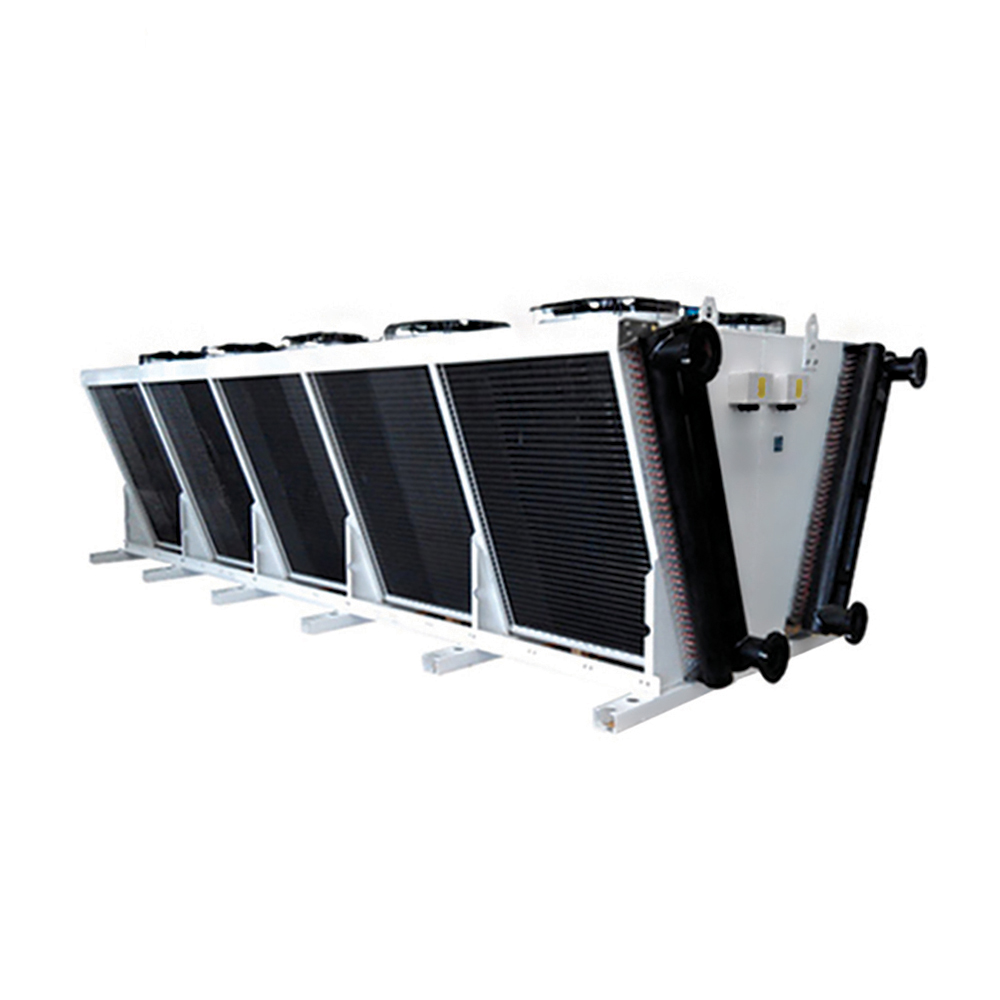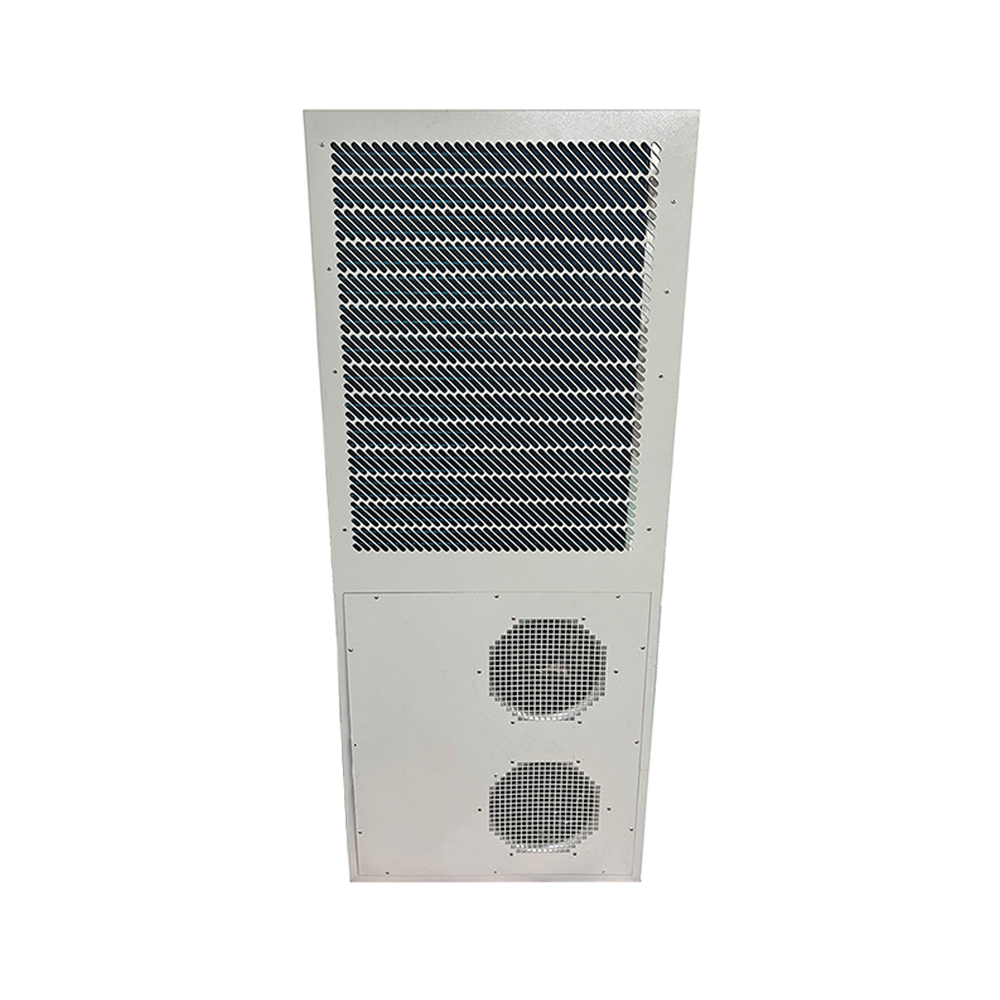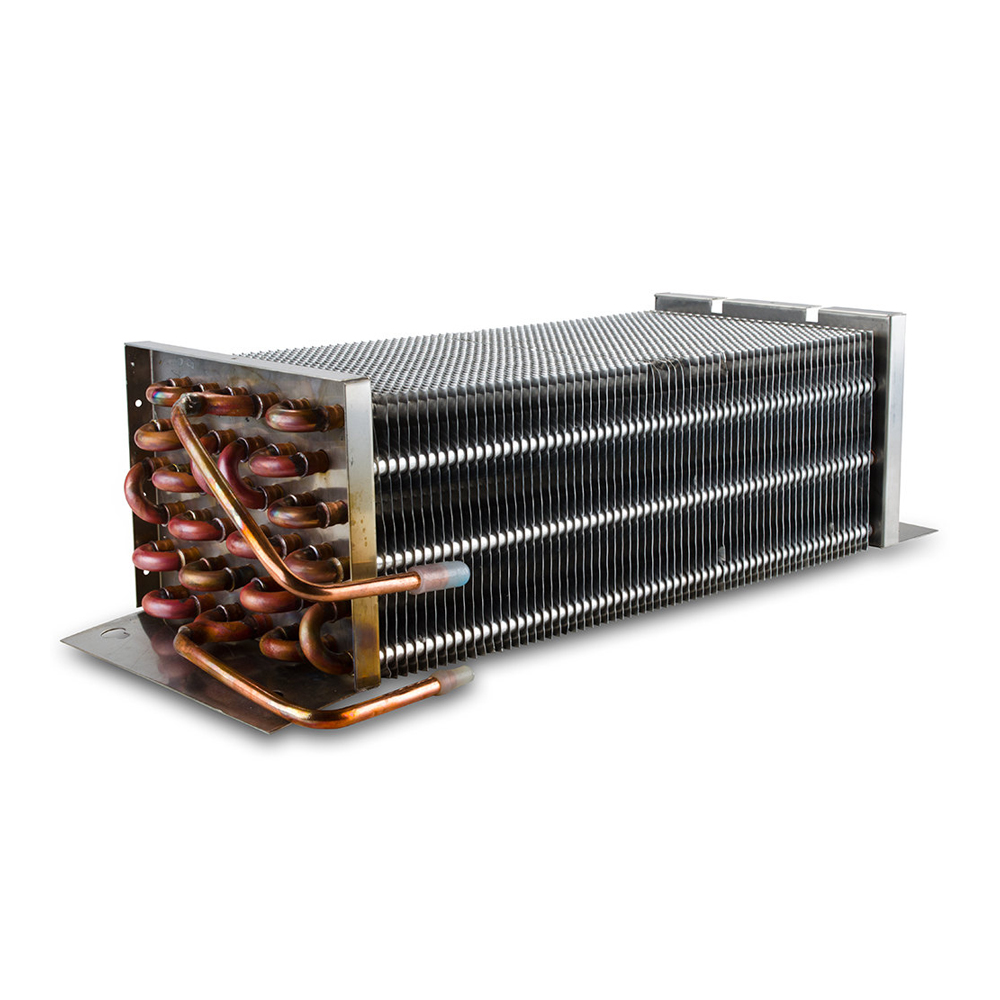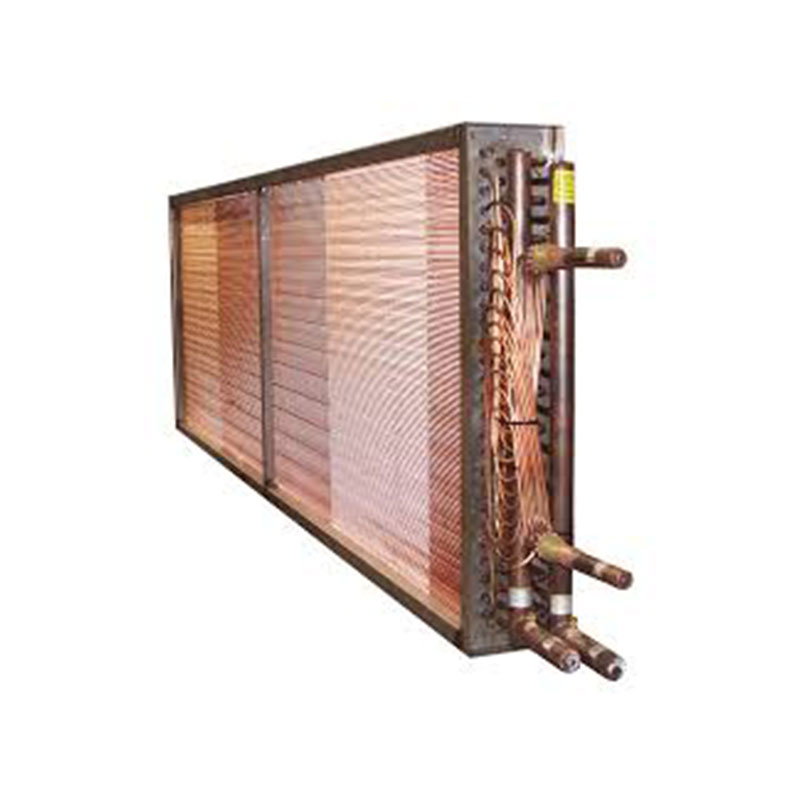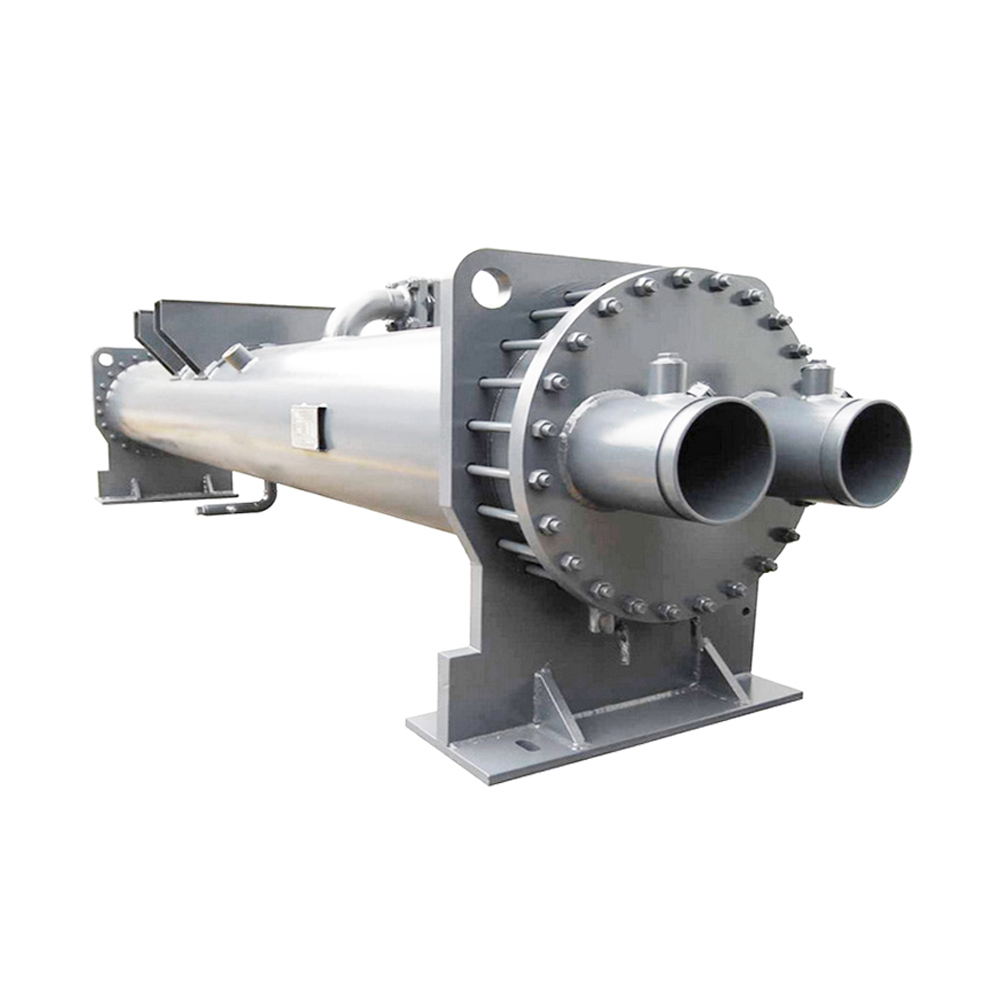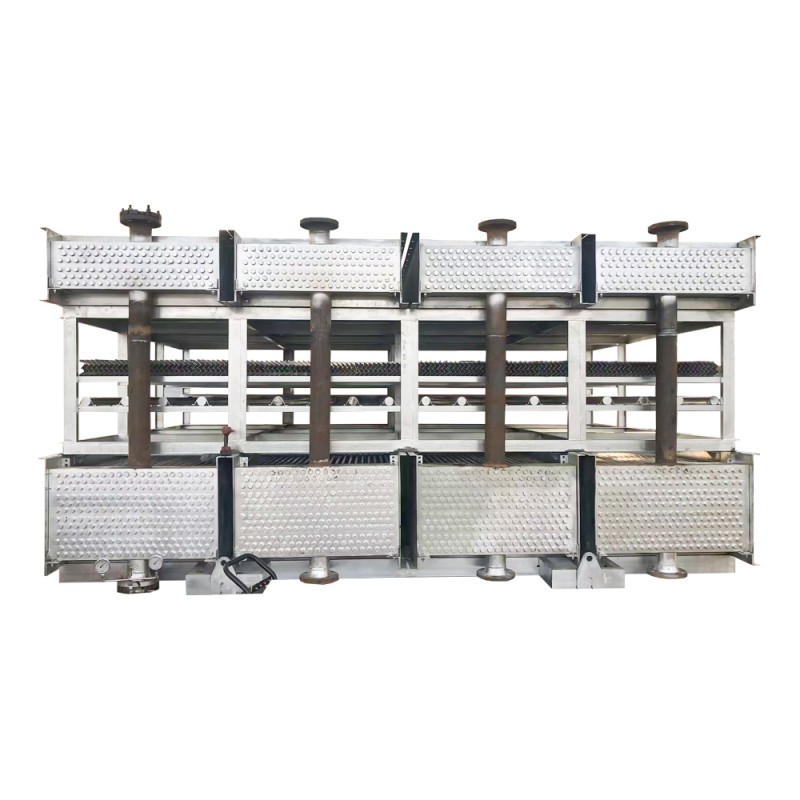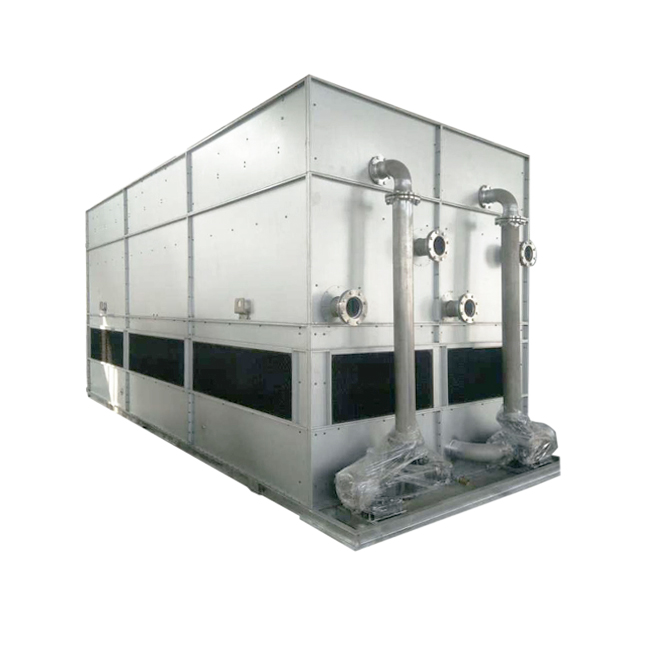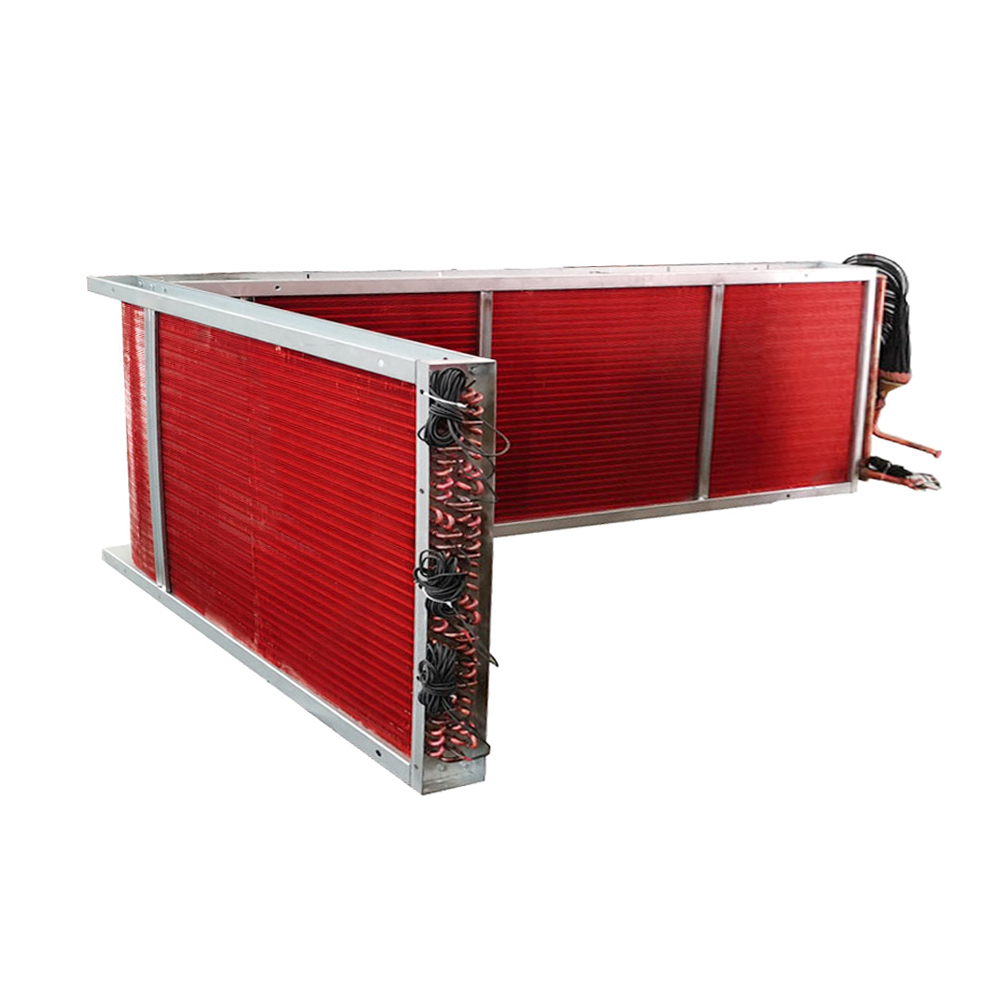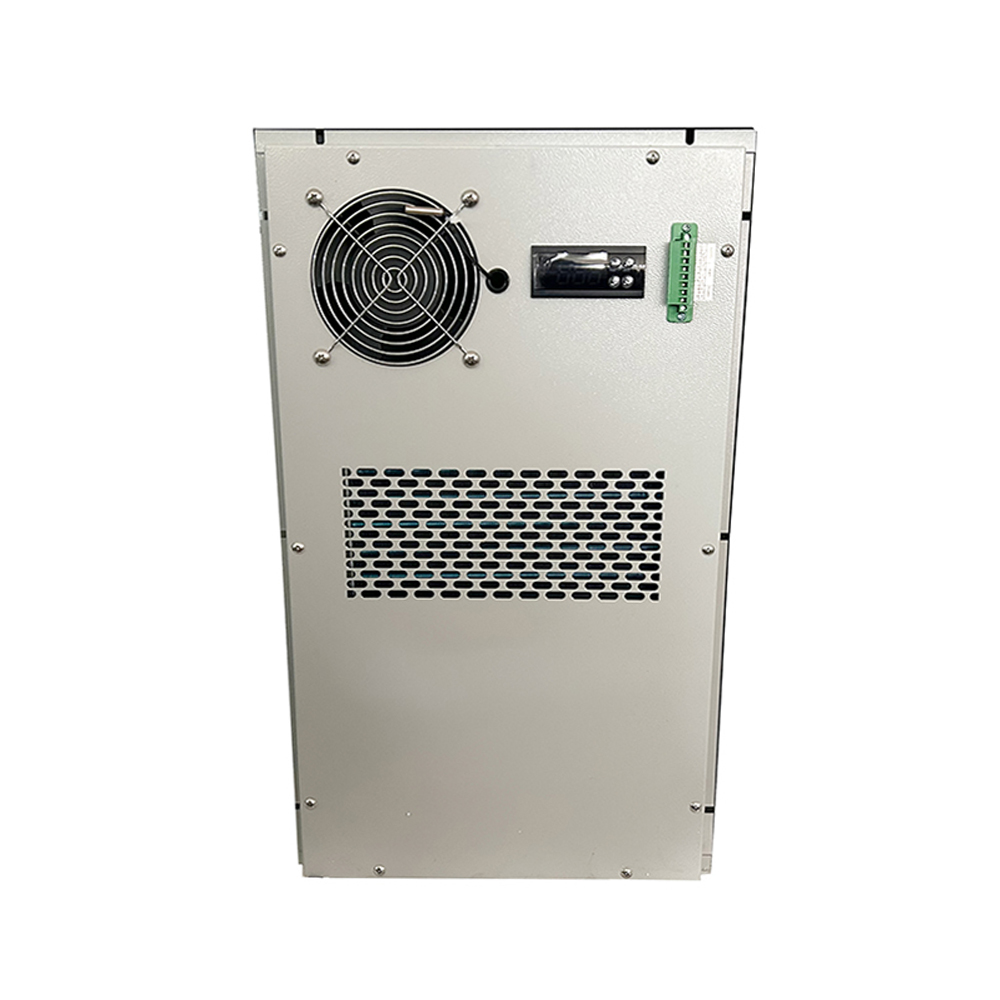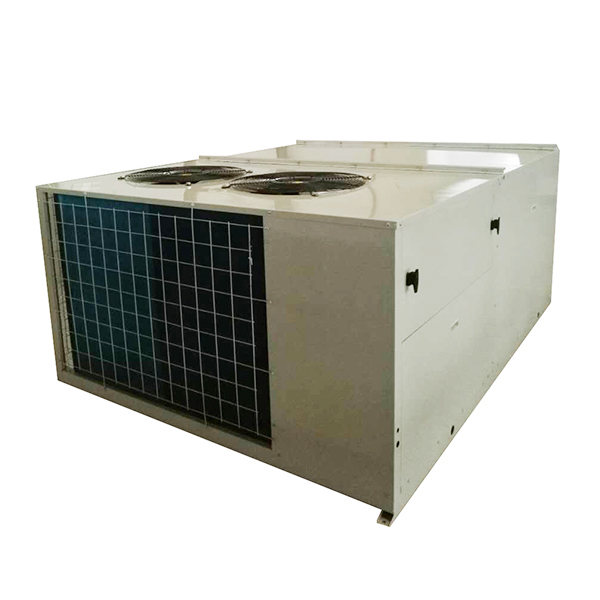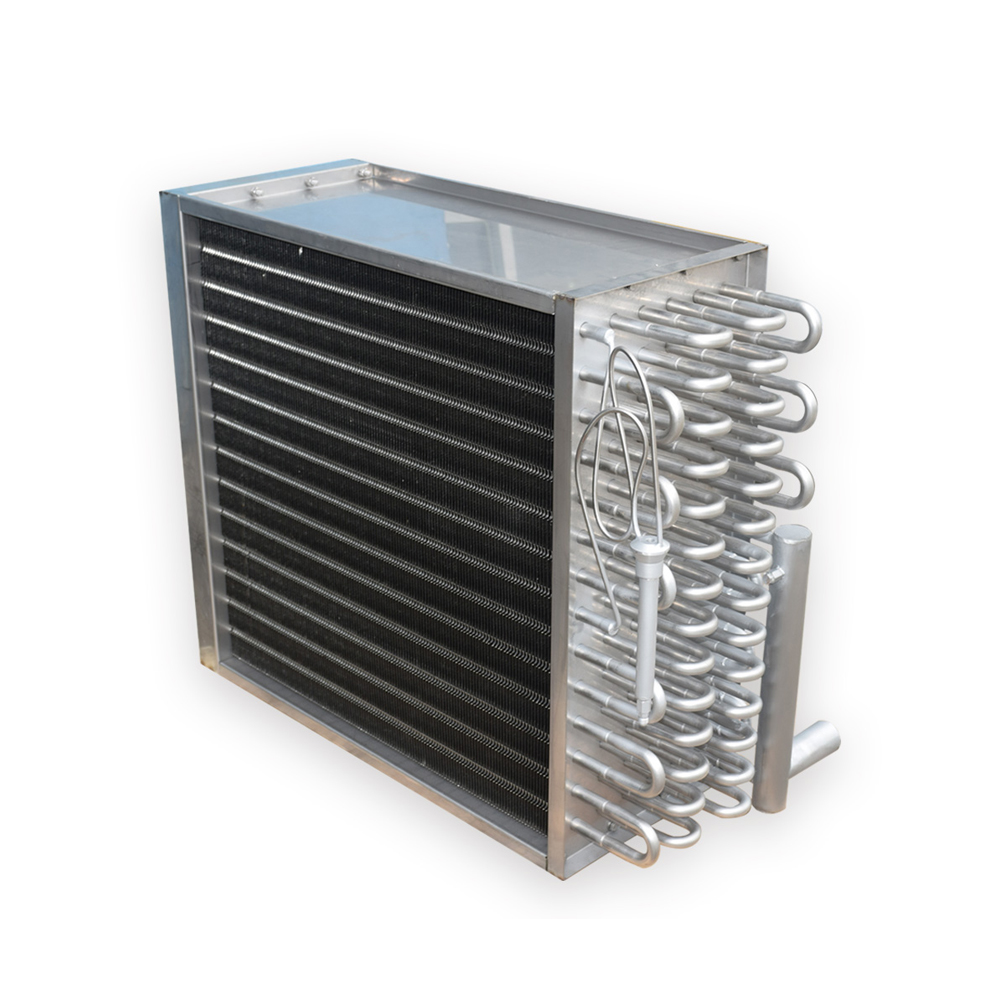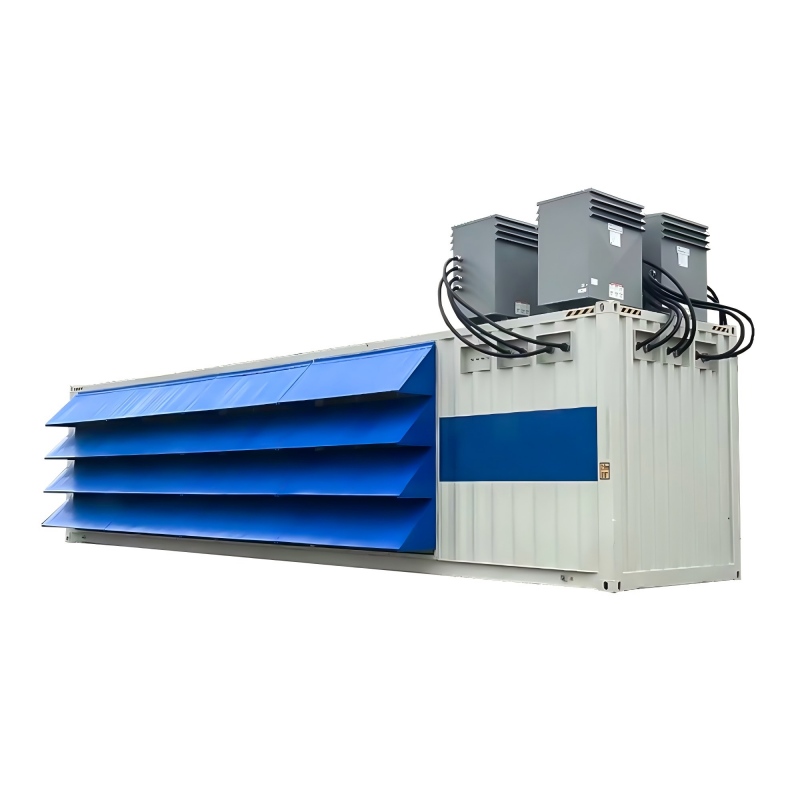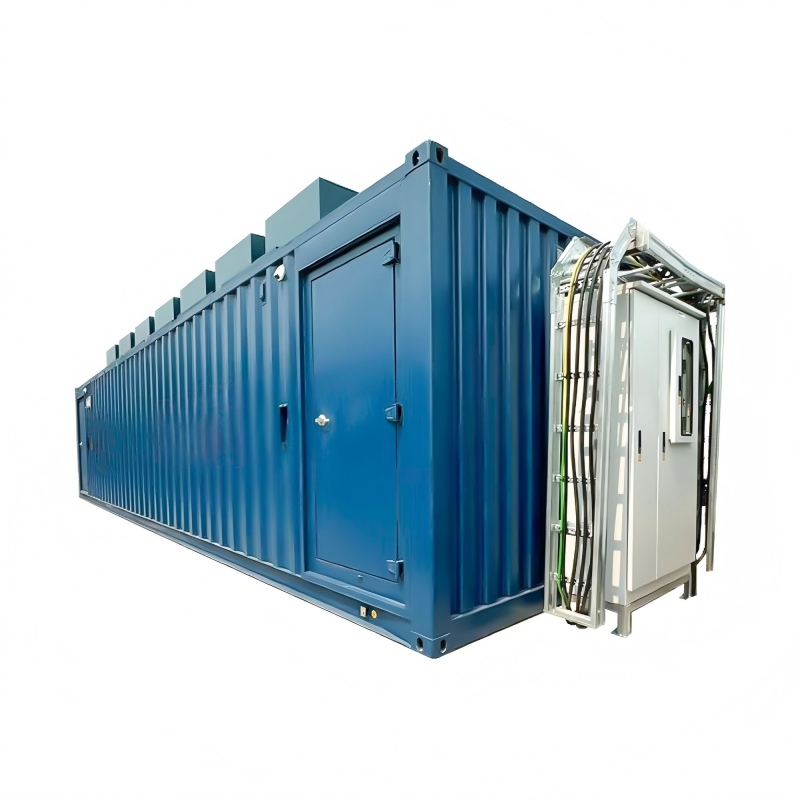HVAC Condenser: A Comprehensive GuideUnderstanding Your HVAC Condenser for Optimal CoolingThis guide provides a comprehensive overview of HVAC condensers, explaining their function, types, maintenance, and troubleshooting. We'll cover everything from basic principles to advanced considerations, helping you understand how these crucial components contribute to efficient and reliable cooling systems. We'll also explore factors to consider when selecting a condenser for your specific needs.
Understanding the Function of an HVAC Condenser
The
HVAC condenser is a vital part of your air conditioning system. Its primary function is to release heat absorbed from your home or building into the outside environment. This process is crucial for maintaining a comfortable indoor temperature. The refrigerant, a specialized fluid, travels through the condenser coils, releasing heat as it transitions from a high-pressure gas to a high-pressure liquid. This heat transfer is facilitated by the airflow created by a fan, and often contributes to higher ambient temperatures outside your structure.
Types of HVAC Condensers
There are several types of
HVAC condensers, each with its own advantages and disadvantages: Air-cooled condensers: These are the most common type, using a fan to blow air across the condenser coils to dissipate heat. They are relatively inexpensive and easy to install, making them a popular choice for residential and small commercial applications. Water-cooled condensers: These condensers use water to cool the refrigerant, offering higher efficiency than air-cooled condensers, especially in hot and humid climates. However, they require a water source and a system for disposing of the heated water. Evaporative condensers: These condensers combine air and water cooling to achieve high efficiency. Water is sprayed onto the condenser coils, which helps to absorb heat. The water then evaporates, further cooling the coils.
Choosing the Right HVAC Condenser
Selecting the right
HVAC condenser depends on several factors, including: Cooling capacity (BTU/hr): This should match the cooling needs of your space. Climate: Hot and humid climates may benefit from water-cooled or evaporative condensers. Space constraints: The physical size of the condenser must be considered. Budget: Air-cooled condensers are generally the most affordable option. Efficiency: Look for condensers with high SEER (Seasonal Energy Efficiency Ratio) ratings.
Maintenance and Troubleshooting
Regular maintenance is essential for ensuring the longevity and efficiency of your
HVAC condenser. This includes: Cleaning the condenser coils: Removing dirt and debris improves heat transfer. Checking the refrigerant levels: Low refrigerant levels can significantly reduce efficiency. Inspecting the fan motor: Ensure the fan is functioning correctly. Checking for leaks: Leaks in the refrigerant lines can lead to system failure.Common issues with
HVAC condensers include frozen coils (often due to low refrigerant or restricted airflow), overheating, and insufficient cooling capacity. If you encounter any problems, it's best to consult a qualified HVAC technician.
Comparison of Different HVAC Condenser Types
| Type | Efficiency | Cost | Maintenance | Space Requirements |
| Air-cooled | Moderate | Low | Moderate | Moderate |
| Water-cooled | High | High | High | Moderate to High |
| Evaporative | High | High | High | Moderate to High |
For high-quality and reliable
HVAC condensers, consider exploring options from reputable manufacturers. For further assistance and information on a range of cooling solutions, visit
Shanghai SHENGLIN M&E Technology Co.,Ltd. They offer a wide selection to meet diverse needs.
Disclaimer: This information is for educational purposes only and should not be considered professional advice. Consult with a qualified HVAC technician for any specific issues or concerns related to your HVAC condenser.









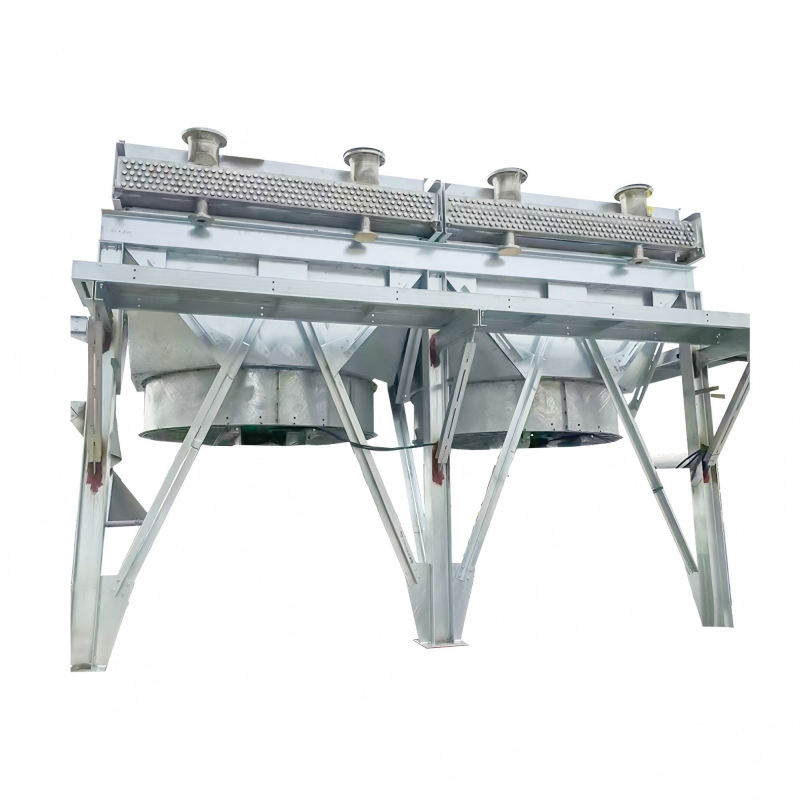
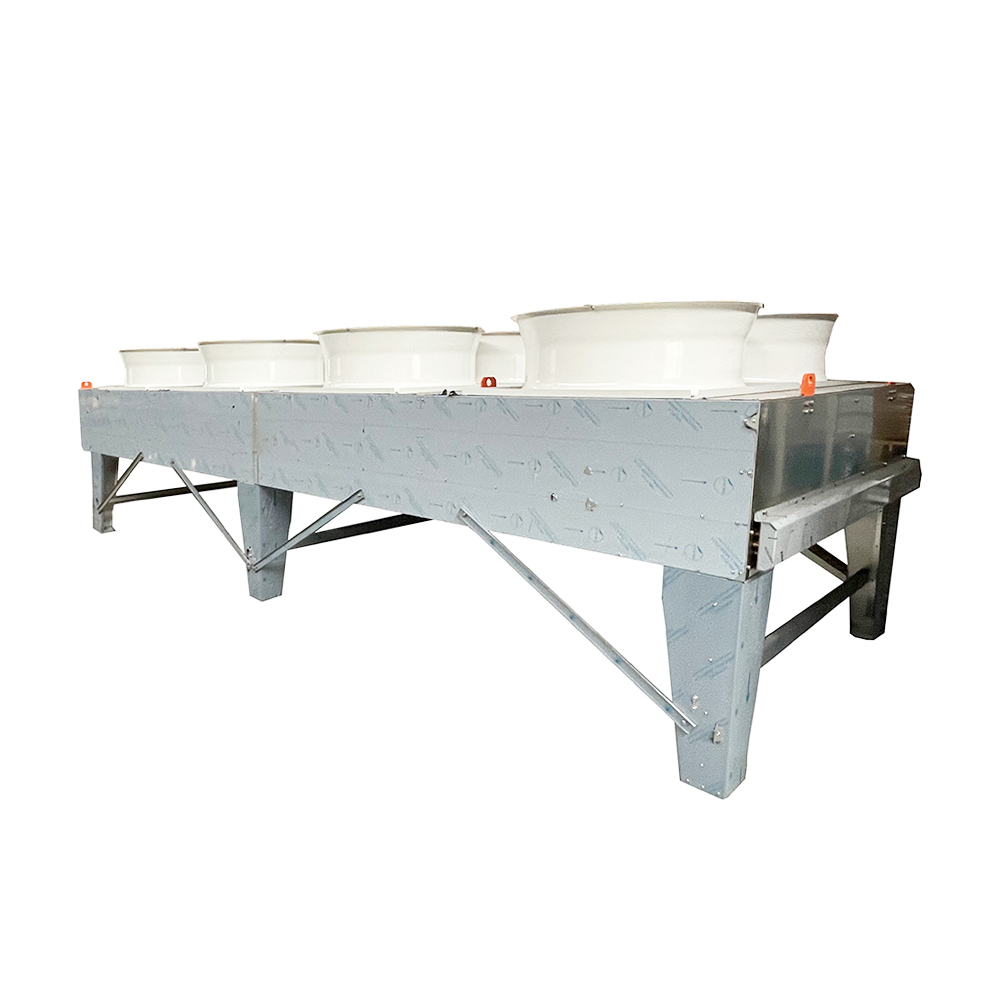
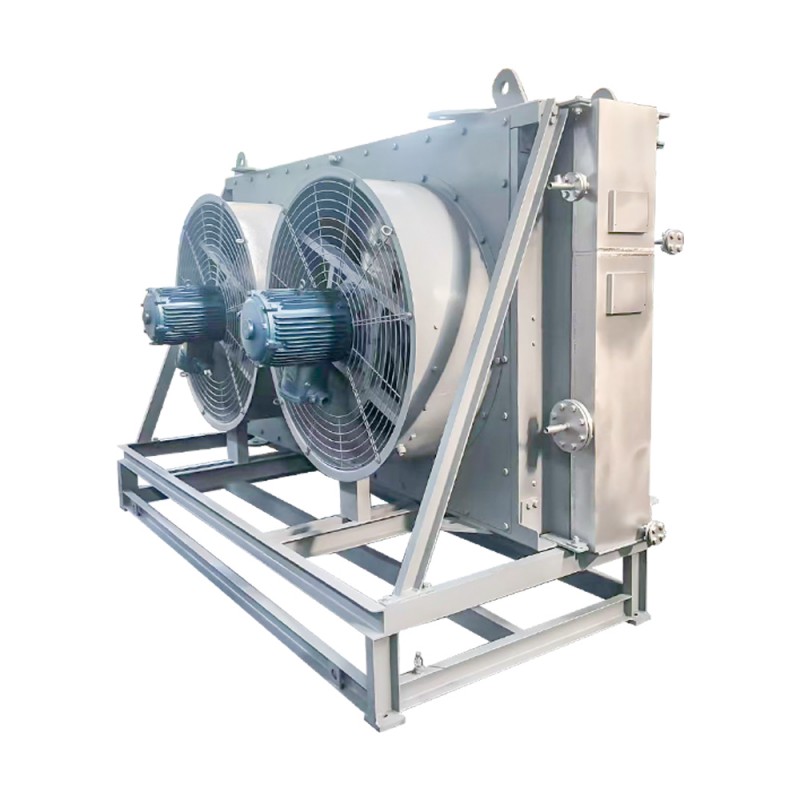
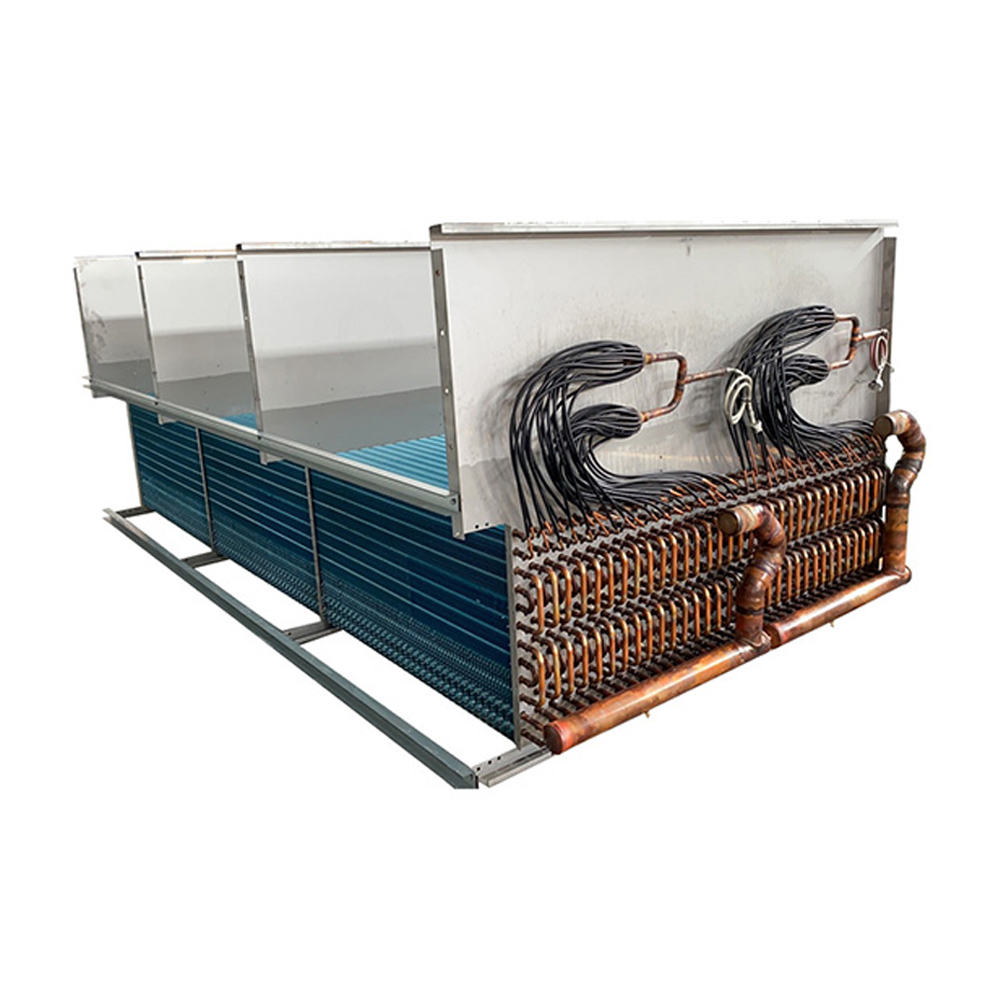
.jpg)
